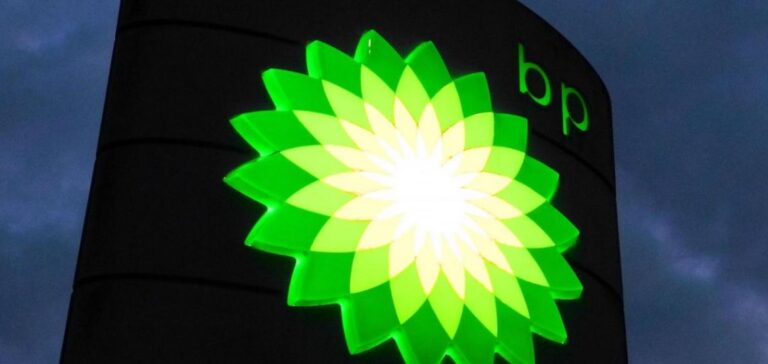Oil giant BP is going through a period of turbulence marked by a 97% drop in its net profit in 2024, reaching only $381 million. In response, its CEO, Murray Auchincloss, stated that BP is preparing to “fundamentally rethink” its strategy, with details expected at the investor day on February 26.
Investor pressure and restructuring
BP’s financial situation has triggered a series of pressures from activist investors. The Bluebell fund, which has been criticizing the company’s clean energy ambitions for over a year, is calling for strategic adjustments more aligned with shareholder expectations. Additionally, the recent announcement of a significant stake by Elliott Management, known for its interventions in corporate governance, is fueling speculation about a possible leadership change, a relocation of the listing to the United States, or even a split of the group.
Shift in investment priorities
BP had already announced in December 2024 a significant reduction in its investments in renewable energies, continuing a refocusing effort that had been underway for several months. This strategic shift comes after a slowdown in its climate objectives and job cuts announced in January. Market sources indicate that BP may abandon its commitment to reduce oil production by 25% by 2030 compared to 2019 levels, a move that underscores its priority on profitability.
Repositioning in response to industry trends
BP is not alone in this trend. Other European majors like Shell and TotalEnergies are also adjusting their climate ambitions in response to financial market demands. However, BP remains the most financially impacted, with a significantly weaker performance compared to other major oil companies. ExxonMobil and Chevron, for example, maintained solid profits, contributing to a combined $80 billion in earnings for the five largest oil companies in 2024.
Uncertain outlook despite financial measures
BP has announced a plan to divest non-essential assets worth $3 billion in 2025, along with a 10% dividend increase and $7 billion in share buybacks in 2024. An additional $1.75 billion buyback is planned before the publication of first-quarter results. However, an anticipated production decline in 2025 could weigh on the company’s outlook, keeping investors in suspense ahead of the strategic announcements scheduled for February.






















